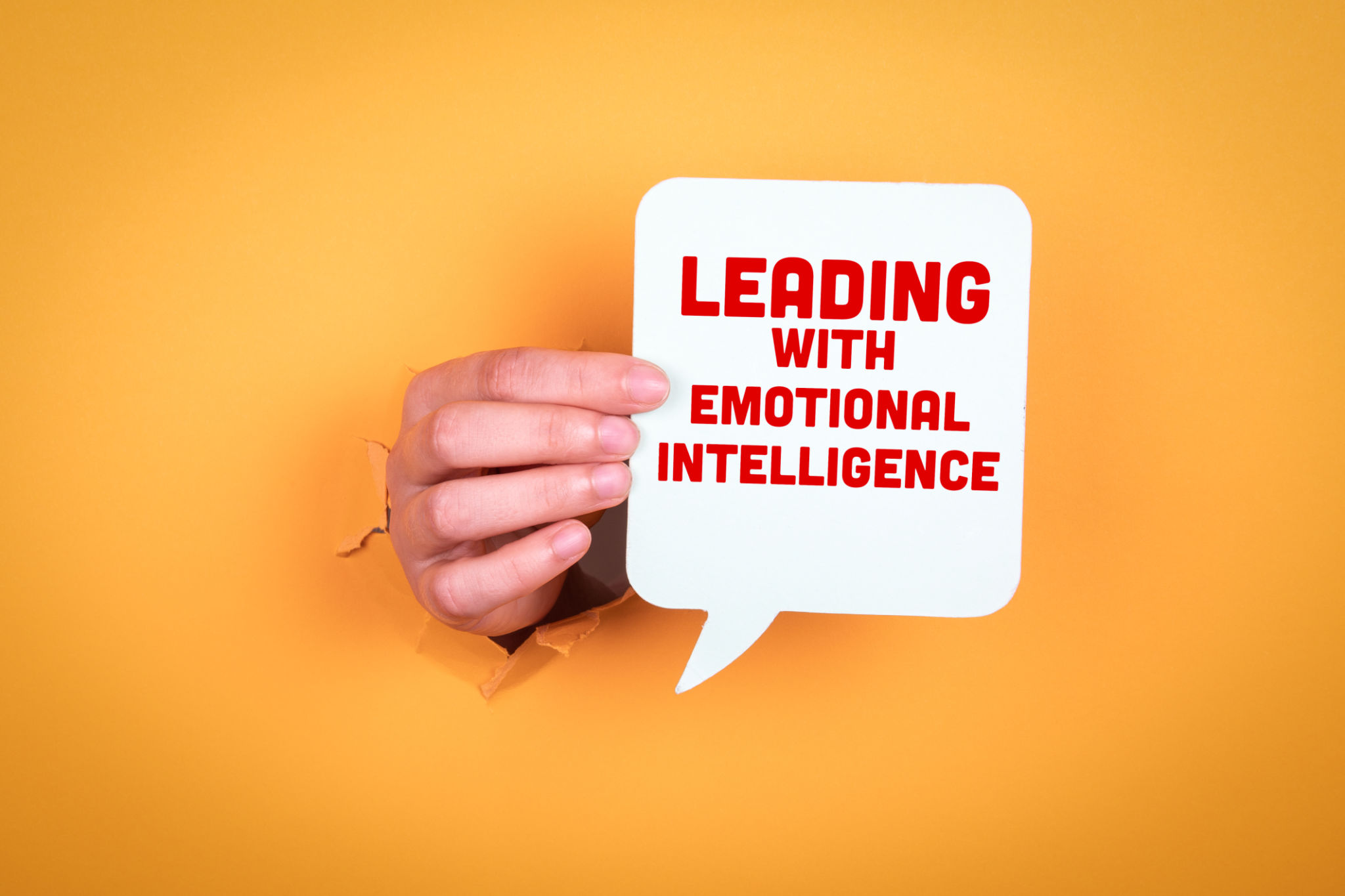The Importance of Emotional Intelligence in the Workplace
yr
Understanding Emotional Intelligence
In today's fast-paced and interconnected workplace, emotional intelligence (EI) has become a crucial skill for professionals at all levels. Defined as the ability to recognize, understand, and manage our own emotions while also being attuned to the emotions of others, EI encompasses a range of competencies that enhance professional interactions and decision-making.
Emotional intelligence is not just about being nice or agreeable. It involves being aware of how emotions can drive our behavior and impact people—positively and negatively—and learning how to manage those emotions effectively, especially when under pressure.

Benefits of Emotional Intelligence in the Workplace
Organizations that prioritize emotional intelligence often see a multitude of benefits. Employees with high EI tend to communicate more effectively, build stronger relationships, and create a positive work environment. These advantages translate into improved team collaboration and increased overall productivity.
Moreover, leaders with strong emotional intelligence inspire and motivate their teams, fostering an atmosphere of trust and respect. This leadership style encourages creativity and innovation, as team members feel valued and understood.
Improved Conflict Resolution
Emotional intelligence plays a vital role in conflict resolution. By understanding and managing emotions, individuals can approach disagreements with empathy and patience. This approach helps in de-escalating conflicts and finding mutually beneficial solutions quickly.

How to Develop Emotional Intelligence
Fortunately, emotional intelligence is a skill that can be developed over time. Here are some strategies to enhance EI:
- Practice active listening by truly focusing on what others are saying without interrupting.
- Reflect on your emotional responses to different situations to better understand triggers.
- Seek feedback from colleagues to gain insight into how your behavior affects others.
The Role of Training and Development
Many organizations are investing in training programs to help employees improve their emotional intelligence. These programs often include workshops, coaching sessions, or online courses that focus on building self-awareness, self-regulation, motivation, empathy, and social skills.

The Future of Emotional Intelligence
As workplaces continue to evolve with technological advancements and diverse workforces, the importance of emotional intelligence will only grow. Companies that embrace EI as part of their culture will likely see better employee retention, higher job satisfaction, and sustained business success.
Ultimately, emotional intelligence is not just a valuable skill for personal development but a strategic advantage for organizational growth. By fostering an environment where EI is nurtured, businesses can create a more harmonious workplace that thrives on collaboration and innovation.
